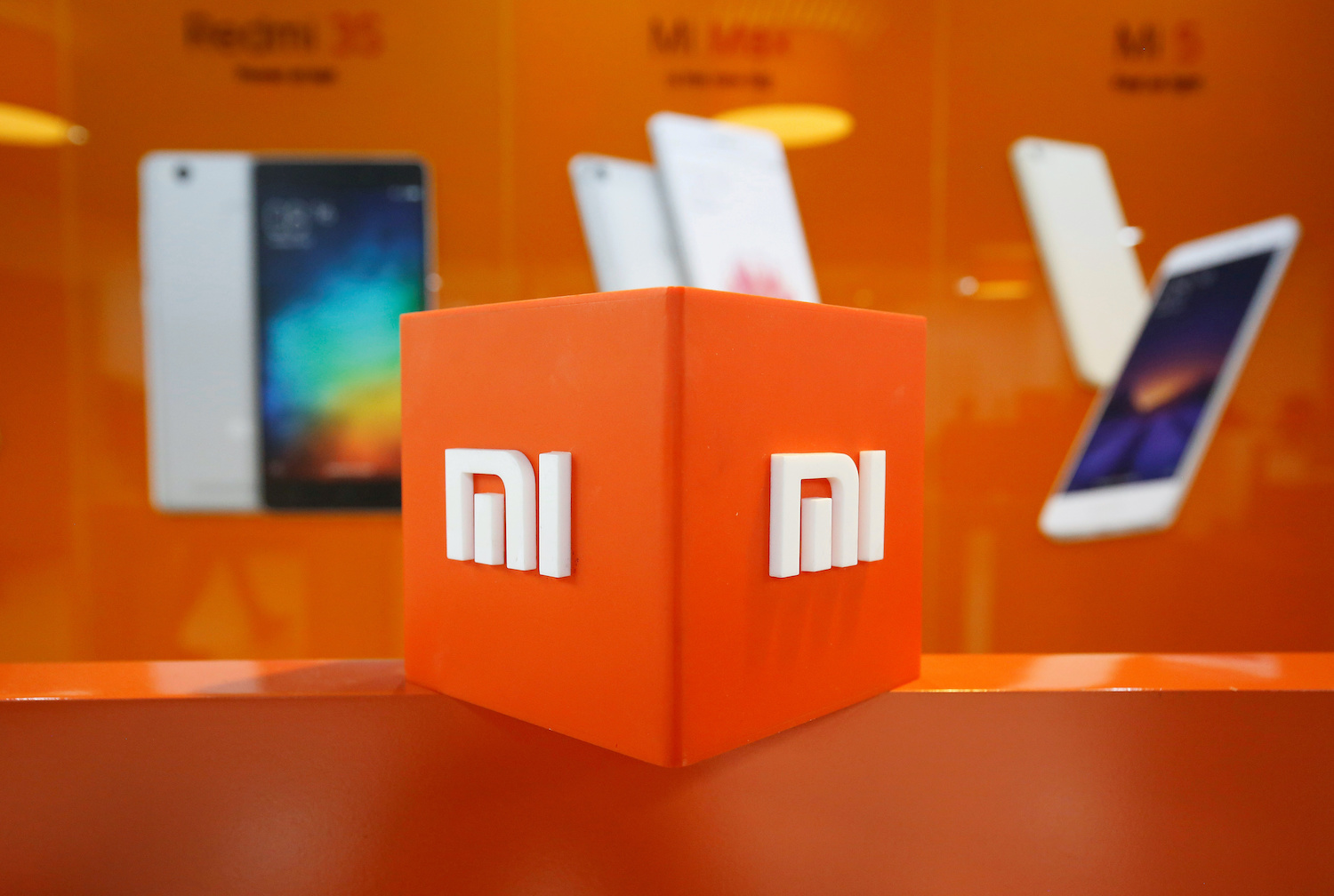(ATF) Chinese companies blacklistsed by former president Donald Trump are considering lawsuits against the US government after a federal court judge suspended a similar investment ban for the smartphone maker Xiaomi.
Lawyers in the US have said some of the banned Chinese companies are in talks with law firms following an order by a District Court judge last week that stopped Xiaomi being included on the list of companies banned from receiving investment because they were suppliers to the Chinese military.
The Trump administration’s move to blacklist Xiaomi sent its shares plunging nearly 10% and knocked $10 billion off its market valuation in January.
“Companies are reaching out to lawyers to challenge the listings and the grounds for the listings,” Wendy Wysong, managing partner of the Hong Kong office of Steptoe & Johnson, a worldwide law firm headquartered in Washington, told Reuters. Wysong and a person familiar with Hogan Lovells, another global law firm, declined to name the companies involved in discussions.
District Court Judge Rudolph Contreras described the Trump administration’s process for deciding what companies should be included in the investment ban as “deeply flawed”. Those decisions were reportedly based on just two key criteria: whether the company was involved in development of 5G technology and artificial intelligence, because the Defense Department believed they are “essential to modern military operations”.
Xiaomi founder and CEO Lei Jun was also said to have received an award from an organisation said to help the Chinese government eliminate barriers between the commercial and military sectors.
But the judge noted that 5G and AI technologies were fast becoming standard in consumer electronics, and said over 500 entrepreneurs had received the same award as Lei since 2004, including the leaders of an infant formula company.
“The facts that led to Xiaomi’s designation are almost laughable, and I think it absolutely is going to lead to additional companies seeking relief,” Washington lawyer Brian Egan, a former legal adviser in both the White House and State Department who also works at Steptoe, said.
GOVERNMENT UNDECIDED ON PATH FORWARD
The judge’s preliminary ruling caused Xiaomi shares to shoot up by more than 10% in the Hong Kong Stock Exchange on Monday.
In a joint filing on Tuesday, the government said it had not decided on the “appropriate path forward” in the Xiaomi case in light of the judge’s decision.
A spokeswoman for the US Department of Justice, which is defending the case, declined to comment. A spokeswoman for the Department of Defense referred questions to the White House, which has not responded.
Xiaomi and 43 other companies were added in the waning months of the Trump administration to the blacklist, which was mandated by a 1999 law requiring the Defense Department to publish a compilation of companies “owned or controlled” by the Chinese military.
The former president sought to cement a tough line on China and box his Democratic successor, Joe Biden, into hardline policies, by signing an executive order that was later expanded to bar all US investors from holding securities in the named companies from November 11, 2021.
Other companies listed include video surveillance giant Hikvision, China National Offshore Oil Corp (CNOOC) and China’s top chipmaker, Semiconductor Manufacturing International Corp.
SMIC, Hikvision and CNOOC have yet to respond to requests for comment.
Luokung Technology Corp, a mapping technology company on the list, also sued the US government earlier this month, and is expected to seek preliminary relief similar to that awarded to Xiaomi.
With reporting by Karen Freifeld and Alexandra Alper for Reuters
























